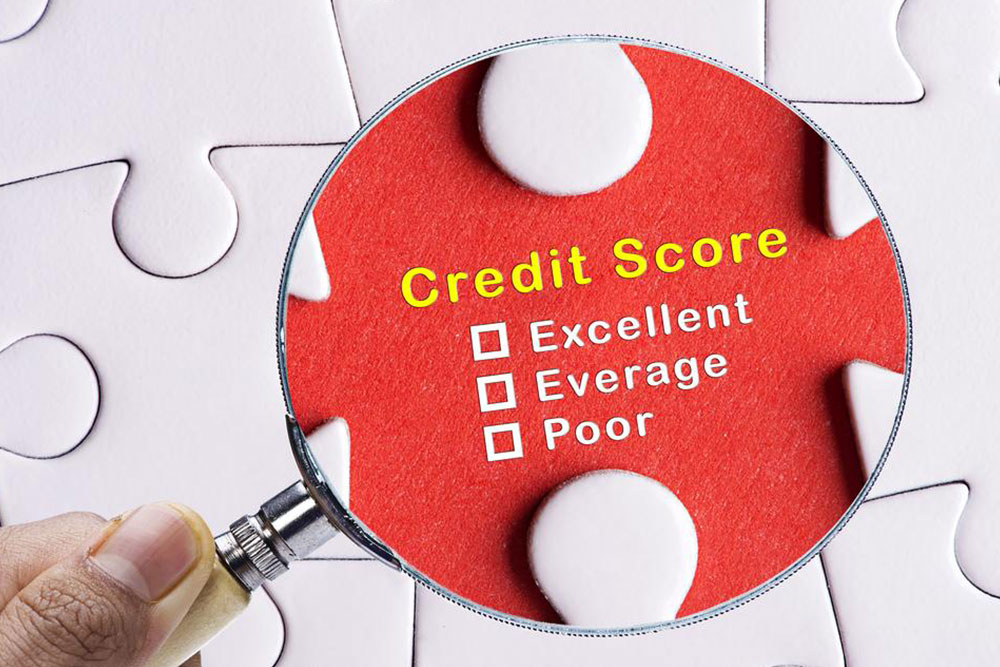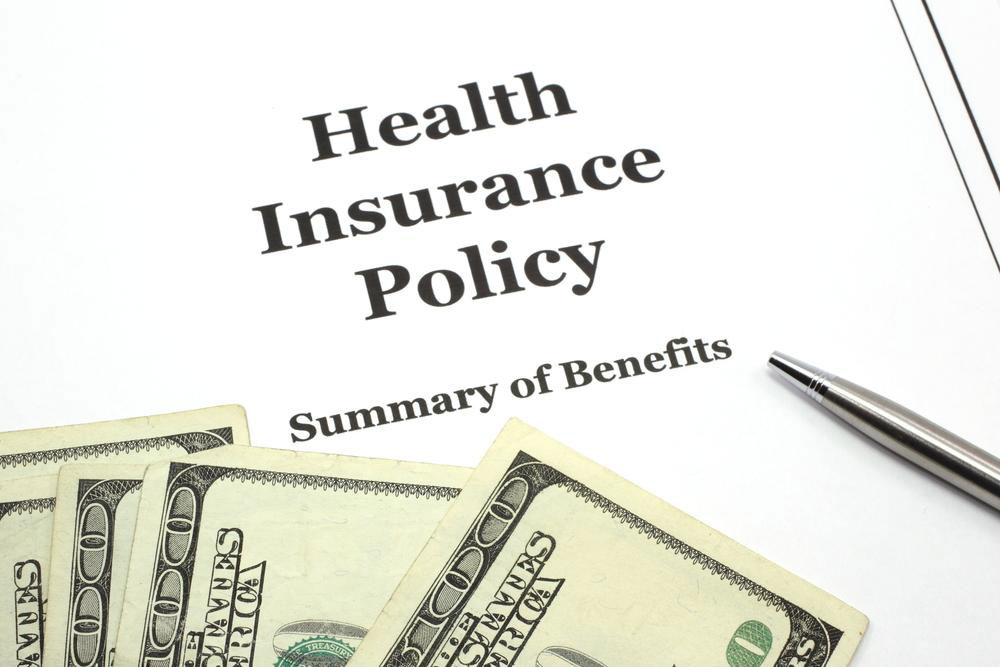Guide to Improving Your Consumer Credit Score
Learn effective strategies to repair and improve your credit score gradually. Understand your rights to access your credit report, correct inaccuracies, and manage debts responsibly. While quick fixes are misleading, consistent effort over time can lead to better credit health and financial stability.

Guide to Improving Your Consumer Credit Score
Advertising in newspapers, TV, and radio claiming quick fixes like erasing credit history or creating new credit identities "legally" are often misleading. Genuine credit repair services do not make such promises. Improving bad credit requires patience and addressing underlying issues over time.
You have the right to request your credit report if your loan or credit application is denied or negatively affected.
Major credit bureaus like Equifax, TransUnion, and Experian are legally obliged to provide you with a free report annually.
Correcting inaccuracies on your credit report is free and the responsible parties—credit bureaus and information providers—must update wrong details.
Tips for Enhancing Your Credit Profile
There are no instant solutions for boosting your credit score. Negative, accurate information remains on your report for 7-10 years, but gradual improvements are possible.
Review your credit report closely and dispute any errors. Correcting misinformation can lead to score improvements.
Consistently paying bills on time boosts your FICO score. Missed or late payments, debts in collections, or public records harm your credit rating. The size and age of debts matter to lenders, influencing your score.
Monitoring your credit utilization ratio—how much credit you’re using compared to your limit—is crucial. A lower utilization rate helps improve your credit. Aim to keep balances low when working on credit repair.
Limit the number of open credit accounts and think carefully before opening new credit lines.
Consolidate unpaid debts through debt management plans to reduce monthly obligations.
While past mistakes are fixed, focus on building a better financial future.










